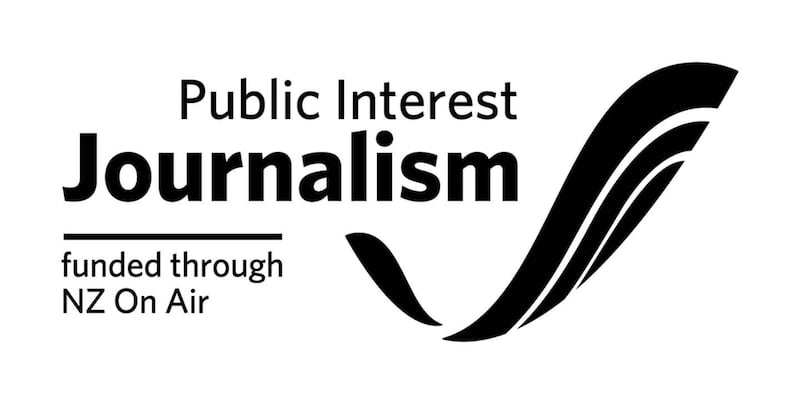Taranaki mana whenua are hoping support from the New Plymouth District Council will help galvanise their push to legally ban kaimoana gathering along their coastline.
A customary rāhui has been in place for months following last summer’s stripping of pāua beds and other shellfish habitats by visitors to the area.
Parihaka kaumātua Mahara Okeroa, the spokesperson for Ngā Hapū o Taranaki, says that although rāhui is used on a customary basis, it has no legal impact, and “not everyone respects our foundations or principles that govern the rāhui”.
The iwi aims to boost the customary rahui with section 186A of the Fisheries Act, which provides for the closure of a fishing area or the restriction of the use of a specific fishing method for up to two years to allow tangata whenua to exercise their customary non-commercial fishing rights.
“If we succeed in where we’re going,” Okeroa says, “it will carry the full force of law.”
Councils' backing
The iwi discussed it with the council at the Te Huinga Taumatua committee this week, and Okeroa says the committee was in “solid support”, with Taranaki Regional Council and South Taranaki District Council sharing similar views.
“It’s now about reaching out to Pākehā organisations and Māori to get their support, because I think the important thing here is we’re making it a community-based initiative, not only Māori.”
Okeroa is expecting pushback from commercial fishers, not on shellfish but more so over the ban of koura (crayfish) but says that for everyone to make positive action, sacrifice has to be made.
“To do that for the duration of the legal ban, other people should make sacrifices as well.
“It’s going to be difficult. I understand that every challenge today is difficult and we want to uphold the principles of our tauheke [elders] and how they cared for Tangaroa."

